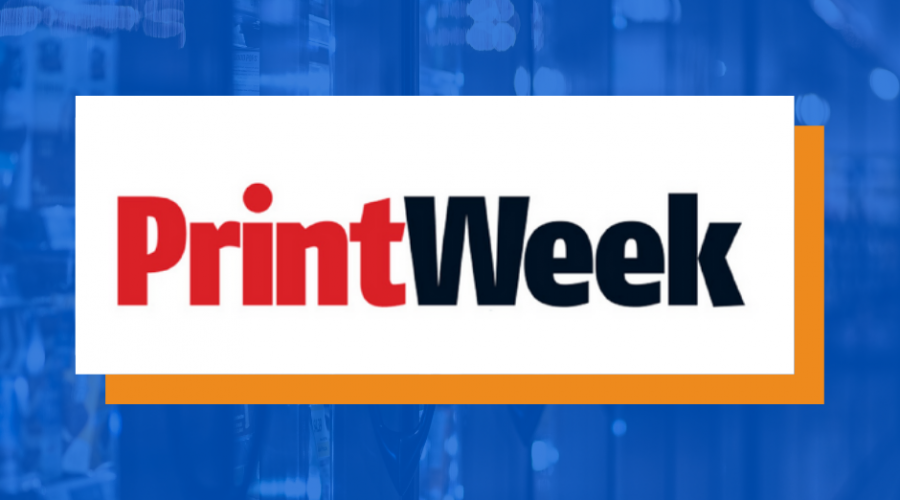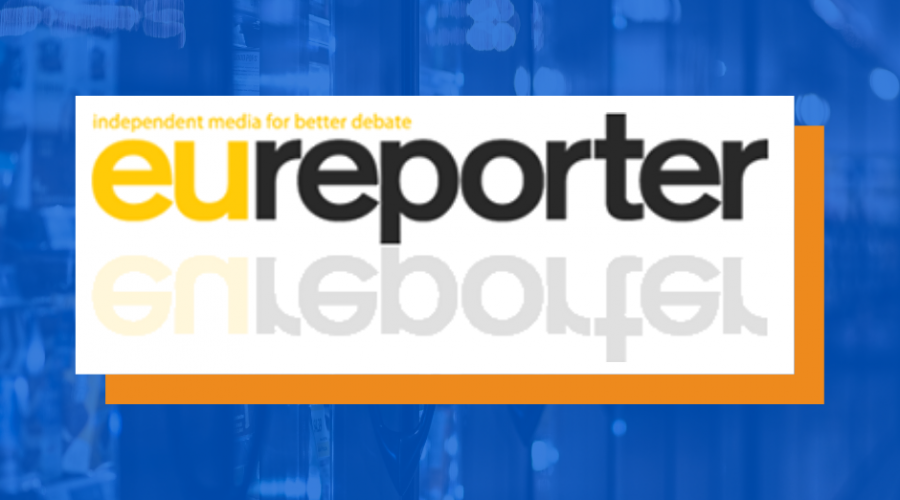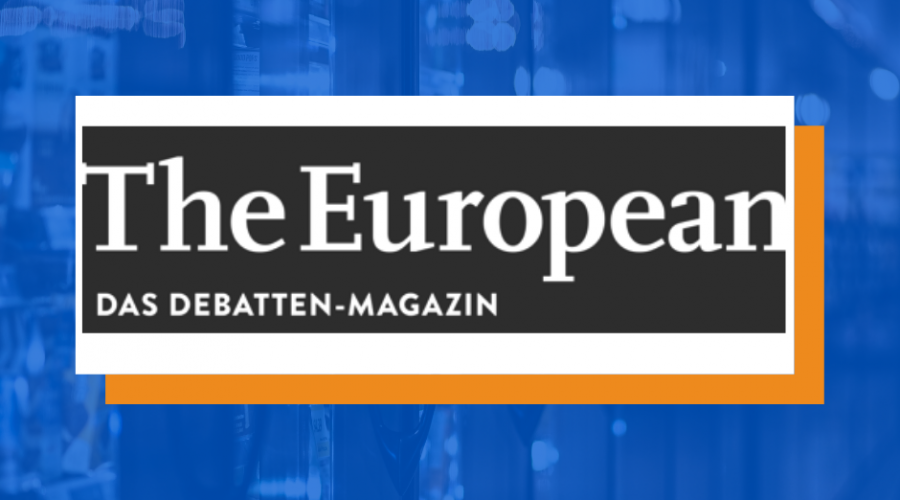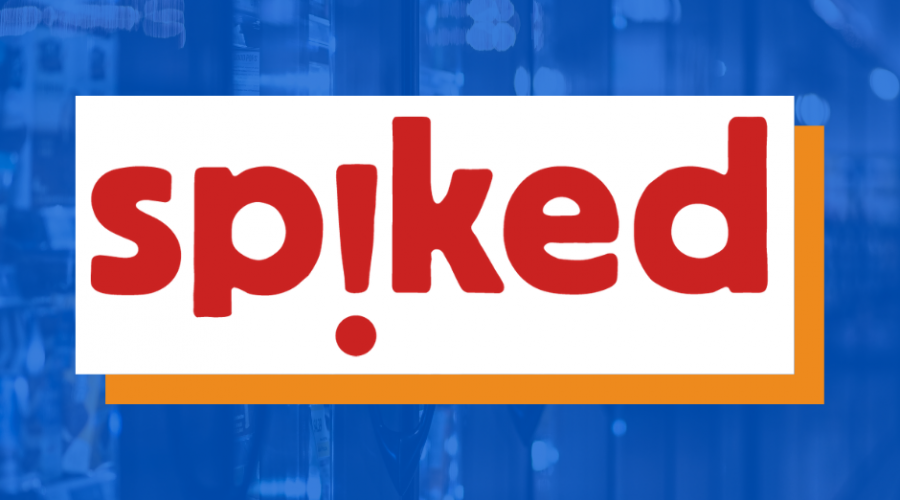Latvia proposes ban on alcohol advertising
The Latvian Health Ministry has proposed a ban on all alcohol advertising, including television, radio and online – a move the Consumer Choice Center has criticised.
he plans were included in the Latvian Health Ministry’s draft of its national health strategy, and included a proposal to limit the availability of alcohol at certain points of sale.
However, the Consumer Choice Center, which represents consumers in more than 100 countries and monitors regulatory trends, said the ministry was “going down the wrong path with this strategy”.
Bill Wirtz, senior policy analyst at the Consumer Choice Center, commented: “Alcohol is a legal product, therefore consumers should be allowed to be informed about it. The belief that a restriction of advertising reduces alcohol-related health concerns is antiquated.
“The ministry also believes it needs more monitoring of the illegal alcohol market in the country. But there is no need for long investigations: high alcohol taxes have created a fertile ground for this shadow economy.
“Talinn and Riga have recognised this fact by moving to reduce taxes on alcohol. This national health strategy of banning advertisement, however, goes down the way of Lithuanian alcohol policies, which get stricter by the year, without showing added benefits.
“Patronising consumers and educating them are two fundamentally different things. It appears the Latvian government does not yet know how to tell both apart.”










